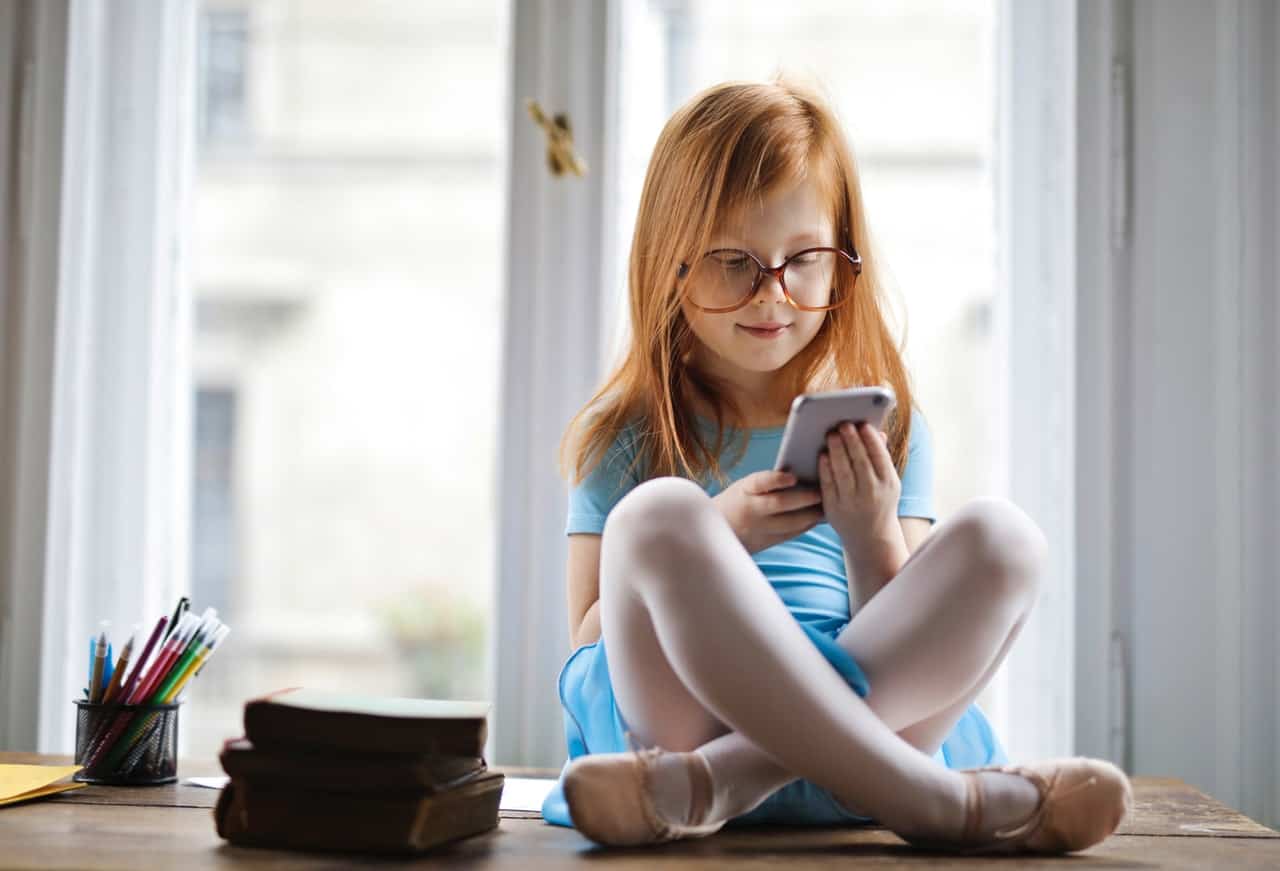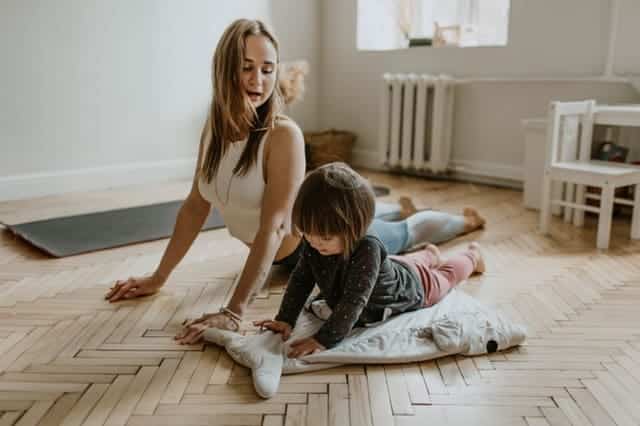
Physical Distancing – Socially Connected
At the moment we are facing many changes to our daily lives and being able to navigate through these can be challenging. The priority is to ensure the health and safety of your family and care professional and we understand that your children or family may be in a higher risk category.
We are not social distancing, we are physical distancing

Create a mini “household manual” for this situation: Here
There are things everyone can do to slow the spread of the virus and lower the chances of being infected. The first and best guideline is to be diligent about hand washing; wash using soap and water for 20 seconds and dry hands using a clean or disposable towel.
Your carers and yourselves should discuss what guidelines are right for your situation, such as not attending certain extra-curricular activities, limiting attendance to social events or adding additional cleaning and personal hygiene rules.
Plan what will happen if the school closes:
If your child’s school is temporarily closed or if you decide that they should not attend for a period of time, what are the guidelines you want in place?
- Can your child still socialise with other children?
- Can your care professional or other supports take your child on outings (e.g. the library or park)?
- What activities and structure will you and your care professional plan for your child?
- Will normal guidelines for screen time change?
- What will be your care professionals role in homeschooling or facilitating educational activities?
There are always more questions!
Because every family and carer is unique, there will always be other questions. Again, the best approach is honest, respectful dialogue between the parents and care professionals and the wider therapy and support team.
Below are a few questions we’ve received (in addition to the ones addressed above) from parents and carers. Some of these may be relevant to your family situation and you can discuss these further with your care professional.
- Should we be able to impose restrictions on the care professionals’ personal life to ensure they are not exposed to the virus and become unwell or infect our family?
- For care professionals that care for school aged kids, if the school closes for a long period of time (e.g. school moves to distance learning), how will this affect the working hours rules? (Care professionals can still work a maximum of 10 hours per day and 40 hours per week)
- Will my care professional be able to return home at the end of the program? (This is a situation that we are continuing to monitor. At this point, care professionals are able to return home to Germany)
We encourage you to continue speaking with your support staff about your family’s response plan, the appropriate physical distancing and to maintain the personal hygiene recommendations. While it may be challenging for your care professional and other supports to limit social events and interaction, in doing this, they are prioritising the health and safety of themselves and your family.

Self care and managing stress
We would like to ask you to consider the additional stress that you, your family and wider support team may be experiencing at this time. We are all in this together and many changes are happening quickly – parents are learning to work from home, may be stressed about their jobs or ageing parents and children are out of their routines. Carers and support staff may be worried about friends and family, their own health risks, job stability etc. Please be understanding of their concerns as they voice them to you and take time to talk your concerns through too.
It is equally important to take time away from the news and social media channels as being tuned in to these all the time causes a great deal of stress. Taking care of yourself physically and mentally is extremely important.
Some strategies that may help throughout this period of time include:
- Consider how you can help balance the stress you may be feeling. It is important to talk to friends and family, find time to laugh, meditate, read, take a bath, do something to relieve stress.
- While we need to physically distance ourselves, we need to be socially connected. Use technology to keep in touch, there are many options to stay connected, phone, Zoom, Skype and WhatsApp for example
- Learn to identify and discuss stressors within yourself and your family group.
- Find things to be grateful for, when we are surrounded by stress and worrying news it is important that we take time each day to appreciate and celebrate the small things in life
- Please see this article from the World Health Organisation for their recommendations for managing stress and anxiety.
Finally, school closures:
While this still remains to be a contentious issue, we also wanted to share some resources with you that we have collected in case children are asked to stay home from school:
- Worksheets: https://www.edhelper.com/
- Learning Resources: https://learnincolor.com/
- Ideas and inspiration: https://www.weareteachers.com/
- Incredible list of educational resources (including museum tours): http://www.amazingeducationalresources.com/
- Remote learning resources: https://luckylittlelearners.com/35-useful-remote-learning-resources/
- Worksheets for autistic students: https://autismworktasks.com/search?type=product&q=free
- Autism classroom: resources for home: https://autismclassroomresources.com/free-resources-for-home-practice/
- The Smithsonian, sharing some content: https://www.tweentribune.com/
- Khan Academy: replicating classrooms: https://www.khanacademy.org/
- NSW Education Department resources: https://education.nsw.gov.au/teaching-and-learning/curriculum/learning-from-home/advice-to-parents-and-carers
- Kids yoga: https://www.cosmickids.com/category/watch/
- Kids meditation: https://www.greenchildmagazine.com/free-guided-meditation-script-library/
- Kids Dance & Fitness Online: https://www.happyfeetfitness.com.au/
We wish you and your family all well throughout this time and encourage you to focus on communication, keep social connections alive while adhering to the physical distancing recommendations and following the relevant advice to keep yourself and your loved ones safe.
Our team is here to support you all, so reach out to us with questions or concerns and let us know if we can help in any way.
